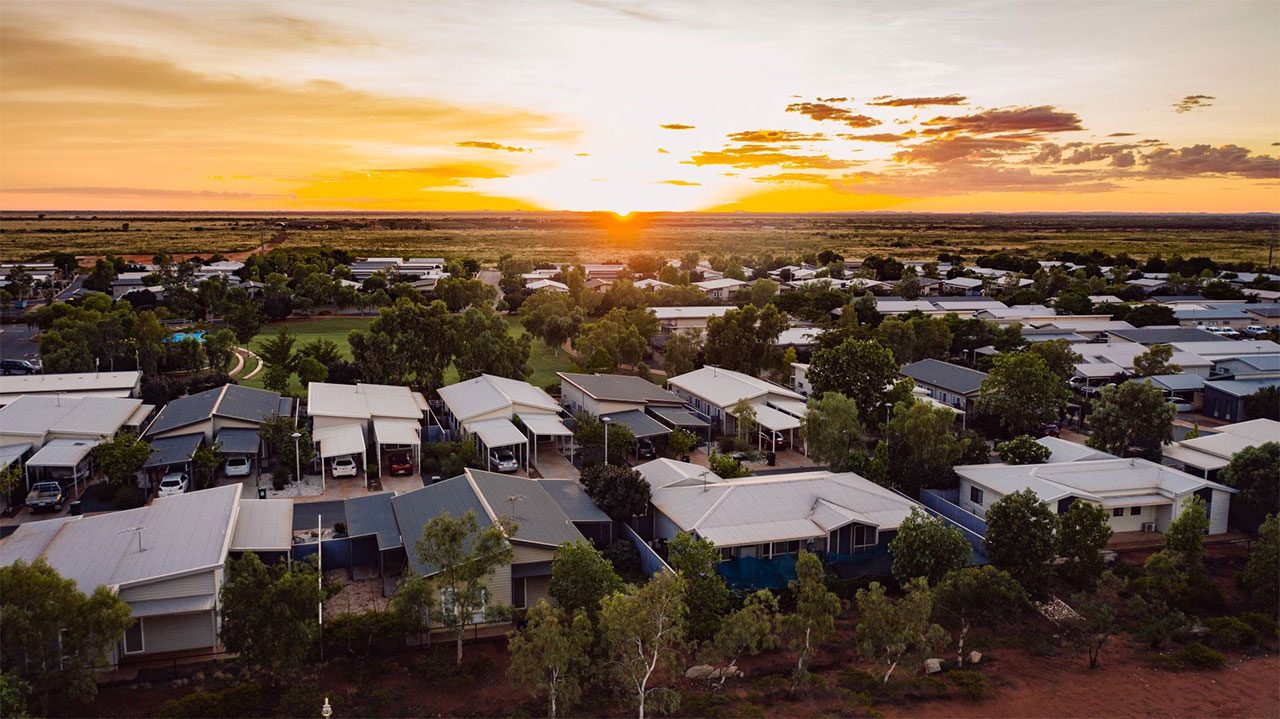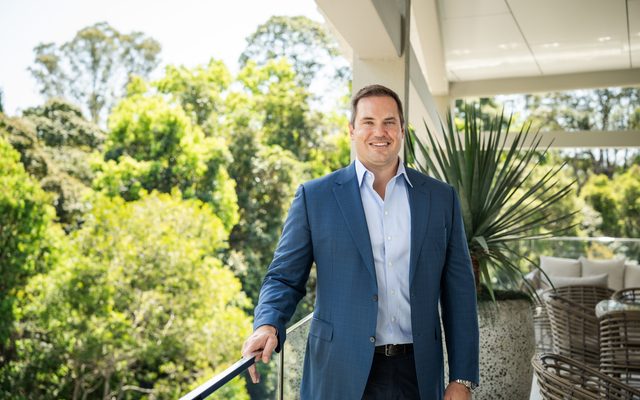This article is from the Australian Property Journal archive
MODULAR Building Systems (MBS) is being officially re-branded to Fleetwood Australia, follow the group’s 2018 acquisition of the NSW business.
MBS, which boasts nine stores across the country as NSW’s largest modular builder, will as of the new year be integrated into Fleetwood’s nation brand stable.
“We have spent the last three years integrating the best of both businesses in terms of the customer service experience, design capabilities, construction methodologies, sustainability and green builds, technology, and innovation and most importantly the integration of our people and culture to ensure we deliver the best products and services for our customers,” said Bruce Nicholson, CEO of Fleetwood Australia.
MBS has over 18 years of experience in modular building, particularly in the custodial, educational, defence, tourism and hospitality, leisure, commercial and multi-storey residential sectors, which it has added to Fleetwood’s services.
“With the official inclusion of NSW as a Fleetwood Australia branded business – we have an unparalleled, national offering with the largest modular manufacturing capability to deliver across all major sectors. With a truly national footprint, we are leveraging production across many states to ensure the rapid delivery of projects that support our clients,” said Nicholson.
This was demonstrated in Fleetwood Australia’s successful bid for a $32 million subcontract as the suppliers for the quarantine facilities in Victoria and Queensland, to be known as The Centre for National Resilience.
“The entire construction industry is on the precipice of great change – with offsite manufacturing disrupting and challenging traditional construction with our state-of-the-art architecturally led designs and technology, delivering building solutions in a fraction of the time, with the additional sustainability and amenity benefits for the community,” added Nicholson.
Modular building has particular advantage in a landscape still ruled by the threat of further COVID-19 restrictions, with its offsite manufacturing solutions delivering facilities more efficiently and more hastily through prefabrication methods.
“Our teams find it easier to adhere to strict COVID-19 guidelines, compared to traditional on-site construction, where there may be several trades on-site at the same time in a more confined location,” concluded Nicholson.




